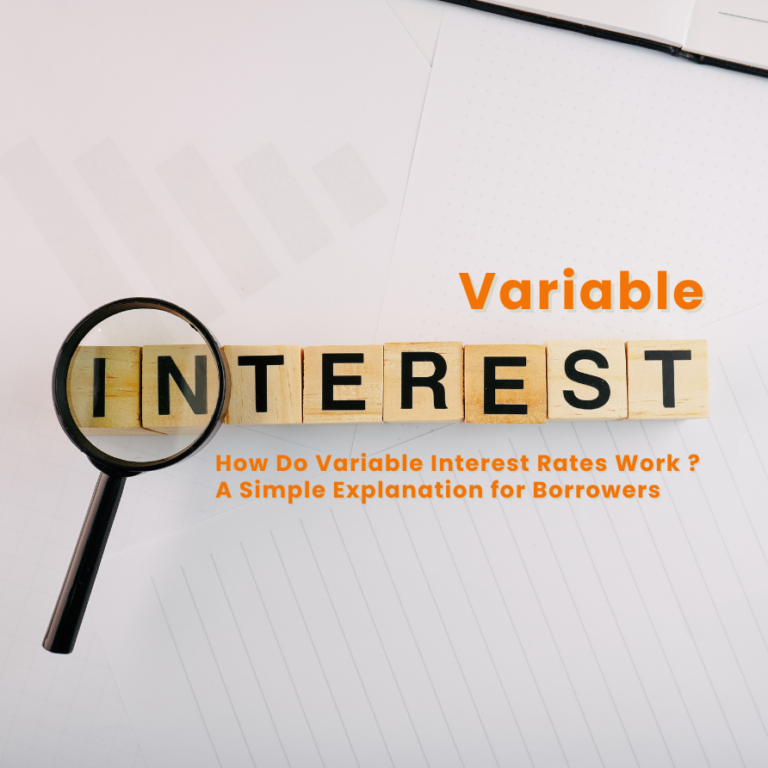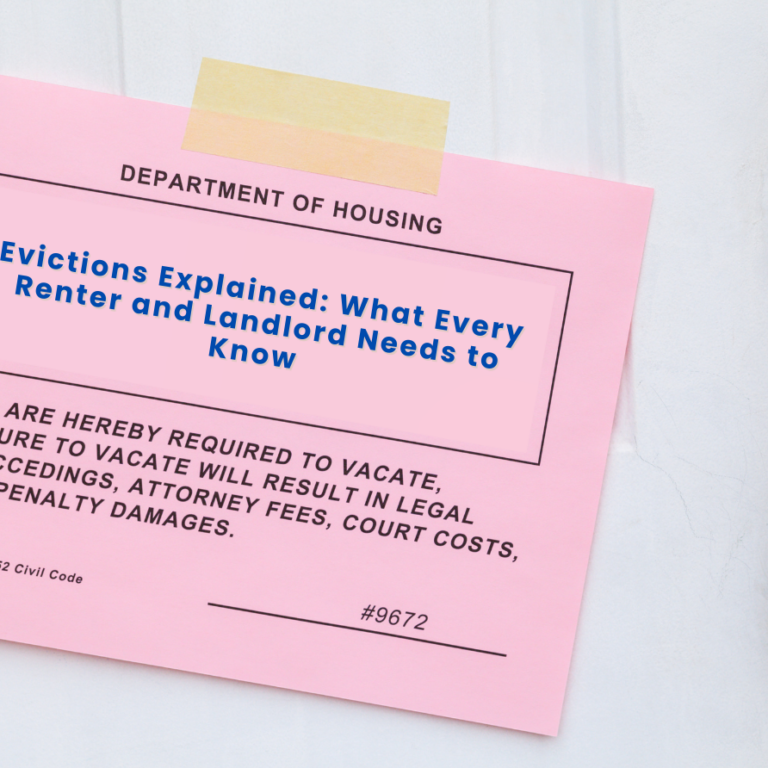How Do Variable Interest Rates Work? A Simple Explanation for Borrowers
Introduction to Variable Interest Rates Variable interest rates are a type of interest rate that fluctuates over time, unlike fixed interest rates, which remain constant throughout the loan term. This variability is tied to a benchmark index, such as the prime rate or the federal funds rate. When the benchmark rate changes, the interest rate…









